However major cities - as recently reported in an analysis in DIY International on the Belgian market with its capital of Brussels which supposedly outshines everything and its European and global radiating importance - seem to be a rather thankless patch for DIY store operators. Because the figures gathered by the Dähne Verlag publishing house show an imbalance when the density of DIY stores - measured in proportion of DIY stores to inhabitants - in the capital of Vienna is compared with the eight remaining Austrian states: there are almost 60 000 inhabitants to one DIY store in Vienna. In the national average (in which the Viennese figures are of course included) there are somewhat more than 11 000 inhabitants. With a certain gap - but still far over the average - the state of Salzburg follows (42 500 inhabitants per store). Let's look at the end of the table as comparison: the densest number of DIY stores is shown by Upper Austria with only 7 000 inhabitants per store.
The neglect of Vienna is all the more obvious because the capital is one of the richest regions in the country; measured by the GDP per inhabitant, Vienna is at third place with EUR 44 700, measured by the purchasing power per inhabitant as gathered by the GfK, it is at least only fourth place.
By the way, the wealthy state of Tyrol - with a GDP per inhabitant of EUR 48 700 at place one - also still has to catch up with its number of DIY stores. In contrast, the DIY store operators have certainly recognised the potential of Lower Austria (with EUR 48 600 just behind Tyrol, moreover at first place in purchasing power): the value of inhabitant per store lies significantly lower than the national average.
Many of the major DIY store operators have stayed well clear of the capital city. Market leader Unser Lagerhaus doesn't have a single location in the city. This is understandable in so far that it runs the concept of the cooperative which comes from the farming sector: Raiffeisen Ware Austria which is omnipresent in Austrian agriculture.
At least the members attempted to play out the charm of the rural trade in the major city too, where they suspected customers who, in times of urban gardening and enthusiasm for the authentic - as alternative…

 Menü
Menü




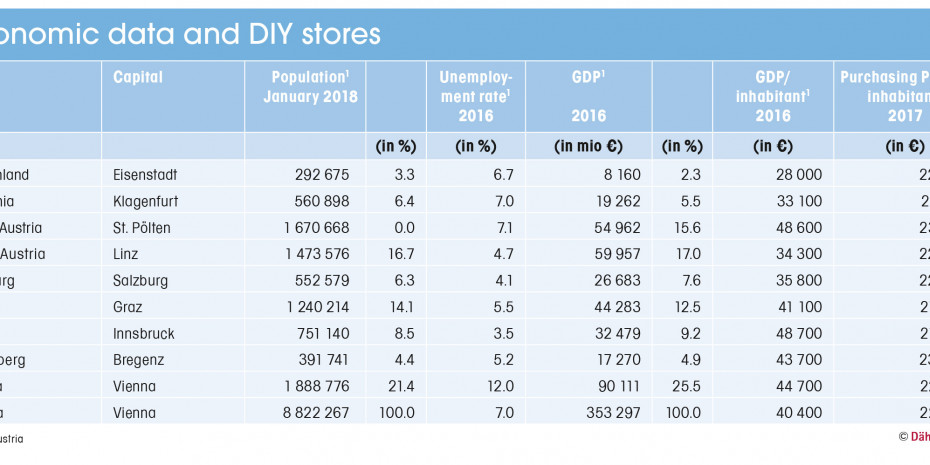

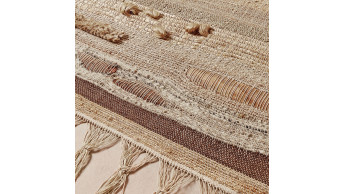
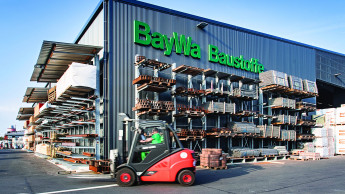
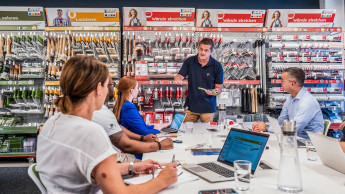



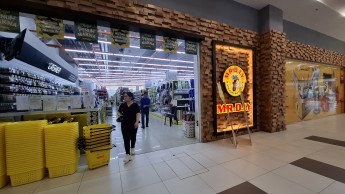


 Newsletter
Newsletter